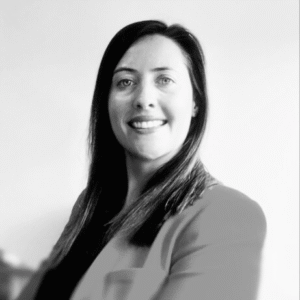Evidence-Based CBT Therapy for Emotional Well-Being
Our Cognitive Behavioural Therapy services help you understand the connection between thoughts, feelings, and behaviours—empowering you to manage anxiety, depression, relationship difficulties, and other emotional challenges with practical, lasting strategies.

Meet Our Adult Therapy Specialists

Ali Wyse O’Sullivan
Psychotherapist & Certified Mediator

Marguerite Kiely
Psychotherapist & Clinical Supervisor

Sheena Lawless
Psychotherapist
What is CBT Therapy?
Cognitive Behavioural Therapy (CBT) is a collaborative, practical and problem oriented approach to emotional problems. In session the client and therapist work together toward understanding difficulties in terms of the relationship between thoughts, feelings, body responses and behaviour. CBT is based on the concept that how we think, how we act, how we feel and what we experience in our bodies all interact together.
What can Cognitive Behavioural Therapy (CBT) treat?
CBT is effective for a wide range of emotional problems from relationship problems, substance abuse, obsessive-compulsive disorder, social phobia, anxiety, depression, compulsive gambling and eating disorders. Its efficacy has been proven through major research studies.
How does Cognitive Behavioural Therapy (CBT) work?
In CBT, the client and therapist work together toward understanding difficulties in terms of the relationship between thoughts, feelings, body responses and behaviour. CBT helps clients break the vicious circle of altered and unhelpful thinking and behaviour. The therapy focus on the thoughts, images, beliefs and attitudes that we hold, the personal meaning we associate with these and how this relates to our behaviour. We work to help clients learn more useful ways of thinking and coping.

Why do we use it?
In CBT, the client and therapist work together toward understanding difficulties in terms of the relationship between thoughts, feelings, body responses and behaviour. CBT helps clients break the vicious circle of altered and unhelpful thinking and behaviour. The therapy focus on the thoughts, images, beliefs and attitudes that we hold, the personal meaning we associate with these and how this relates to our behaviour. We work to help clients learn more useful ways of thinking and coping.
You can decide if your therapy is something you want to talk about. You can tell whoever you want to, but you don’t have to tell anyone. Also, if you would prefer your parents not to tell anyone either, it’s important to let them know. If you find that difficult, the therapist can help you with that too.

